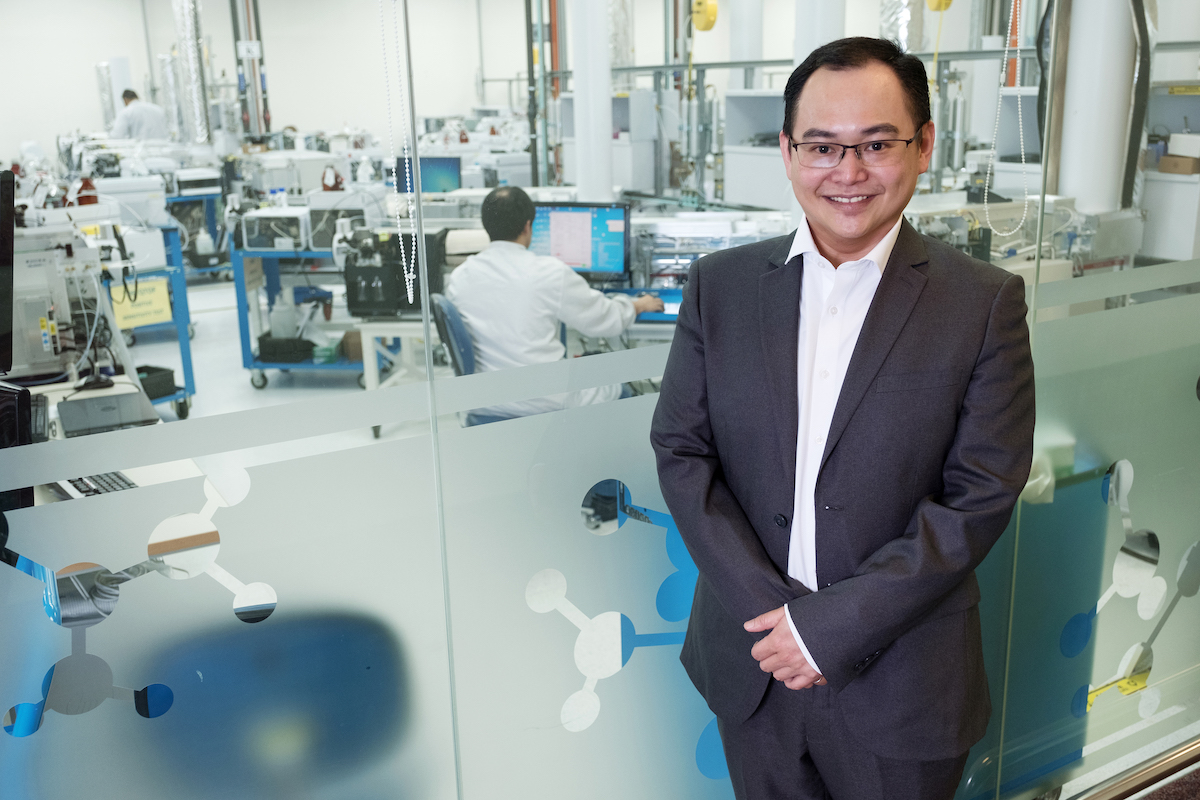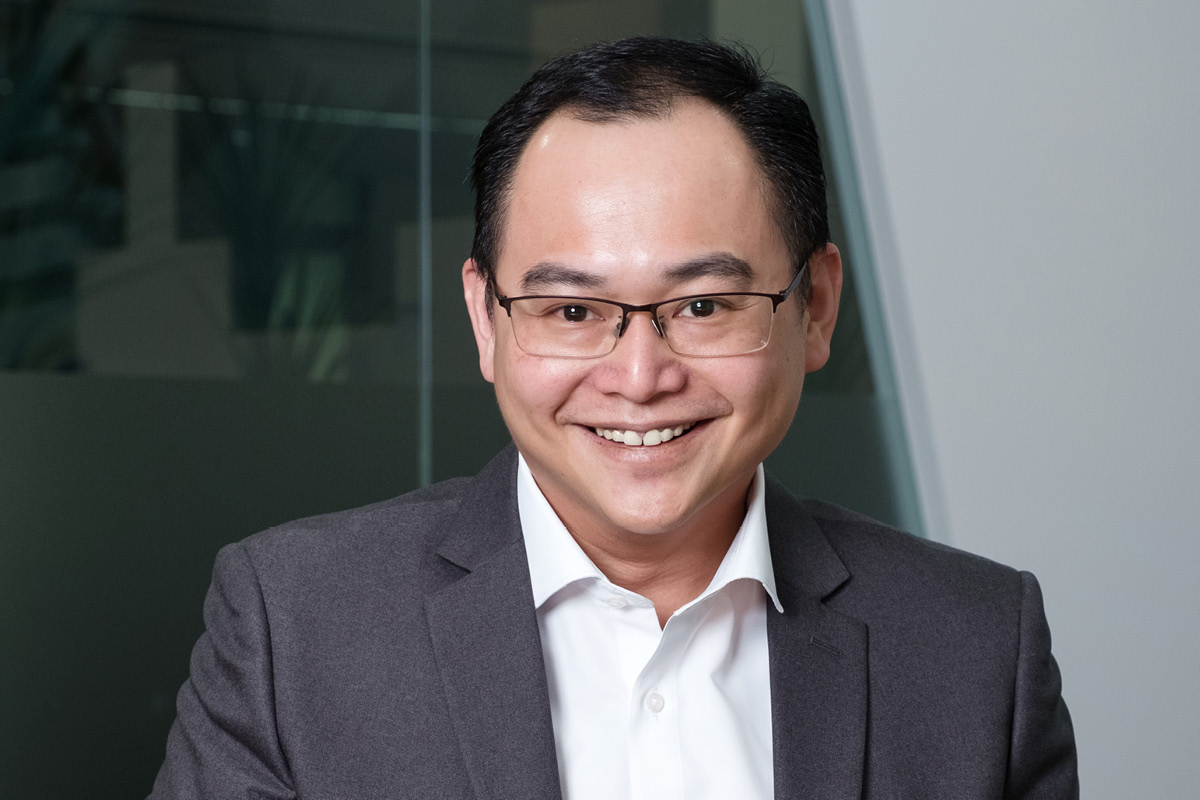Chow Woai Sheng recalls the entire biotechnology industry was going through a tumultuous time, as a result of the bursting of the dot-com bubble, when he joined Agilent Technologies in 2001. But in a perverse way, crisis can sometimes be more of an opportunity than a hurdle.
“A lot of South East Asian currencies were devalued during the 1997 Asian financial crisis,” he recounts. “Suddenly we found ourselves having an able and competitive workforce, a stable economy, and mature supply bases. All of this became very attractive to American companies that were suffering because of the dot-com bust.”
On top of that, the rise of enterprise resource planning during the 90s gave companies the ability to see more of what was going on in the factories around the world. “There was a clear opportunity for us to ride the waves,” Woai Sheng explains.
Rising to the top
Since then, he has risen through the ranks to eventually become not just Agilent’s General Manager for Global Supply Chain and Logistics but also Singapore Country General Manager in 2015. Regardless of whether Woai Sheng is leading a geographical region or an operational function of a company, he says both play critical roles in delivering the best customer experience.
“In a country, it might be much more broadly focused. For example, figuring out what the keys are to marketing effectively to government officials, or looking at the end-to-end supply chain from manufacturing to production, or determining how the sales team is actually closing those deals and following up with customer support.”

I think experiencing epic failures is important to future success. As long as you’re honest with yourself, you can really learn from them.
Further, Agilent provides technology and solutions equipment to the National University of Singapore, and collaborates with many of the institution’s leading scientists. Additionally, the country is fast becoming a popular food-testing hub in Asia–Pacific.
“Agilent plays very well in Singapore,” he says. “Partly it is because of the reputation that Singapore has built up over time as being a no-nonsense, zero-tolerance place for corruption, with a strict respect for intellectual property.”
Woai Sheng’s 6 E’s to business success
- Expectations
- Empowerment
- Empathy
- Equal opportunity
- Excitement
- Epic failures
As for his role running the Global Supply Chain and Logistics function, it’s more about the finer details of specific processes. “As an example, from a procurement standpoint, with all the contracts that we’re managing – the 4,000-plus suppliers that we are licensed with – we need to ensure there’s no supply disruption. Or, from a logistics standpoint, we need to ensure that when any customer orders our product, they get it at the time we’ve promised them, with perfect quality,” says Woai Sheng.
Combining technical know-how with emotional intelligence
A mechanical engineer by profession, Woai Sheng has plenty of technical know-how. However, he also realises that further up the organisational ladder, knowledge becomes less important. It becomes more about emotional intelligence. He quickly summarises his approach.
“Inspiration always trumps incentive,” he remarks. “When you’re dealing with a group of people, you can’t use money to buy their loyalty, their commitment or their hard work. It must be something that is inherent within the role that explains why they want to get up in the morning and go to work.”
Describing what he believes is crucial to business success, Woai Sheng refers to what he calls his ‘six E’s’. The first five are pretty self-explanatory: expectations, empowerment, empathy, equal opportunity and excitement. The last one, however – epic failures – is pretty much counterintuitive. Except it’s not. “I think experiencing epic failures is important to future success. As long as you’re honest with yourself, you can really learn from them,”
he says.
Like in 2015 when Agilent had a hiccup in its warehouse operation during the second quarter, resulting in a loss in revenue. It gave Woai Sheng the impetus to immediately fix Agilent’s supply chain operation. “Clearly this was a big opportunity. The good news was that we had recovered by the third quarter, and were back to meeting Wall Street expectations,” he says.
Most importantly, in sticking to the ‘six E’s’, Woai Sheng adheres to two simple rules: “First, always have fun. Second, never forget the first rule,” he laughs.



